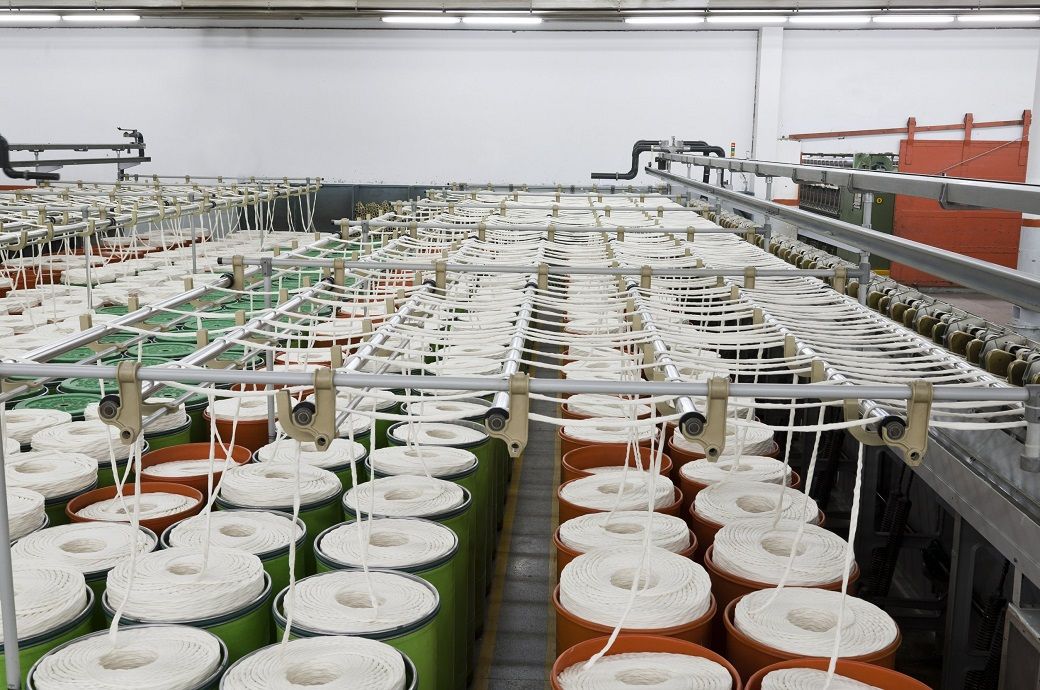
According to trade sources, mills are reducing cotton yarn production, especially after the recent surge in the price of the natural fibre. Trade bodies in Tamil Nadu, Gujarat and other states have urged members mills to stop or reduce production. Lower production will not only tighten yarn supply to support prices but also reduce consumption of cotton which will ease the demand.
Recently, Tamil Nadu Spinning Mills Association (TASMA) has appealed to its members to think about complete halt in production, as partial cut in production did not support yarn prices due to poor demand. The association said that many mills are still running on normal capacity even on higher losses. Therefore, measures like production halt for two days a week or discontinuation of second shift did not work. TASMA has announced stopping of entire production from August 22. It suggested that mills should meet out yarn demand from their stocks. The South India Spinners Association (SISPA) and Spinners Association (Gujarat) have also raised the issue of hardships of millers and inability to continue yarn production.
Industry sources said that north Indian mills did not cut output sufficiently as they have option to switch to production of polyester-cotton yarn and poly spun yarn. Many mills are focusing on finer counts of cotton yarn to reduce cotton consumption. New arrival of raw cotton will pick up in mid-October. Therefore, spinning mills have to face cotton scarcity for next one and a half months. Cotton prices are not likely to see steep fall till November as mills will try to buy more cotton as and when cotton arrives in mandis.
Fibre2Fashion News Desk (KUL)